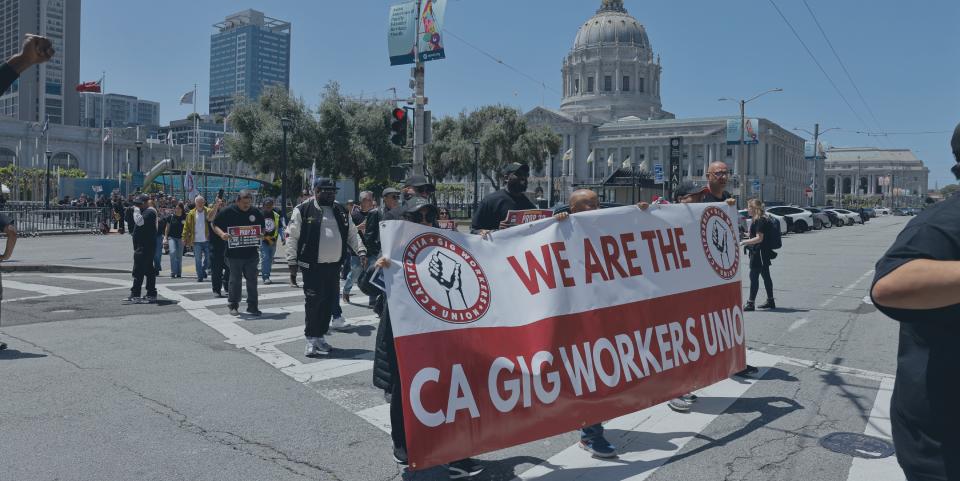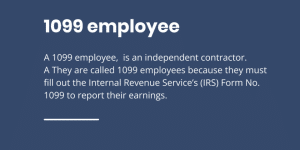Updated May 23, 2024
Proposition 22 “Protect App-Based Drivers and Services Act” Passes
In November 2020, 58.6 percent of California voters passed Proposition 22, or the “Protect App-Based Drivers and Services Act”. (“Prop 22”) Prop 22 added Section 7448 to 7467 to California’s Business and Professions Code. An “app-based driver” is a person who works as a driver or courier for transportation or delivery network companies, which are businesses that operate transportation or delivery services using an electronic application or platform to connect passengers seeking transportation or customers seeking delivery of goods to drivers or couriers willing to provide those services with their personal vehicles.
Prop 22 allowed companies like Uber, Lyft, Instacart, and others to continue treating “gig-workers” as independent contractors. Importantly for these companies, independent contractors cannot file for Worker’s Compensation for on the job injuries and are not subject to California’s wage and hour provisions.
Section 7451, titled “Protecting Independence” specifically states “Notwithstanding any other provision of law, including, but not limited to, the Labor Code, the Unemployment Insurance Code, and any orders, regulations, or opinions of the Department of Industrial Relations or any board, division, or commission within the Department of Industrial Relations, an app-based driver is an independent contractor and not an employee or agent with respect to the app-based driver’s relationship with a network company”.
Proposition 22 Appealed
Soon afterwards, a conglomerate of service unions sought to invalidate the law, claiming it violated the California Constitution. Specifically, Prop 22’s opponents claimed that it’s invalid because it usurps the California Legislature’s exclusive authority to create workers’ compensation laws, limits the Legislature’s authority to amend Prop 22, and violates the single-subject rule for initiative statutes. In August 2021, a superior court judge in Alameda County agreed with Prop 22’s opponents, holding that Section 7451 of the law unconstitutionally limits the legislature’s authority to define app-based drivers as workers subject to workers’ compensation law at a future time, Section 7465(c)(4) is unconstitutional because it defines unrelated legislation as an “amendment” and is not related to Proposition 22’s stated “theme, purpose, or subject”, and because Section 7451 cannot be severed from Prop 22, the entire Proposition is invalid. Prop 22’s proponents appealed that decision.
On March 13, 2023, the California Court of Appeal in part reversed that decision, holding that: Prop 22 did not limit the Legislature’s worker’s compensation authority and did not violate the single-subject rule. The ruling would keep app-based drivers as independent contractors. Prop 22’s opponents appealed that decision, and the California Supreme Court granted certiorari.
The Heart of the Matter
The central question to be decided by the Supreme Court is not whether app-based workers are independent contractors, but rather, whether Section 7451 limits the Legislature’s plenary power over the worker’s compensation system. The Court of Appeal argues that rather than the trial court’s strict reading of Section XIV of the California Constitution, the section should instead be read as “The Legislature or the electorate acting through the initiative power are hereby expressly vested with plenary power, unlimited by any provision of this constitution, to create, and enforce a complete system of workers’ compensation ….” Thus, the Court of Appeal concluded that the trial court erred when it read article XIV, section 4 as a plain statement prevailing over the initiative power and that Prop 22’s proponents likewise err when reading it as an express repeal of the initiative power.
If you’ve been denied your rights as an employee by your employer, time is of the essence, please seek legal advice promptly to maximize your chances of a successful outcome.
Call Setyan Law at (213)-618-3655 for a consultation.






